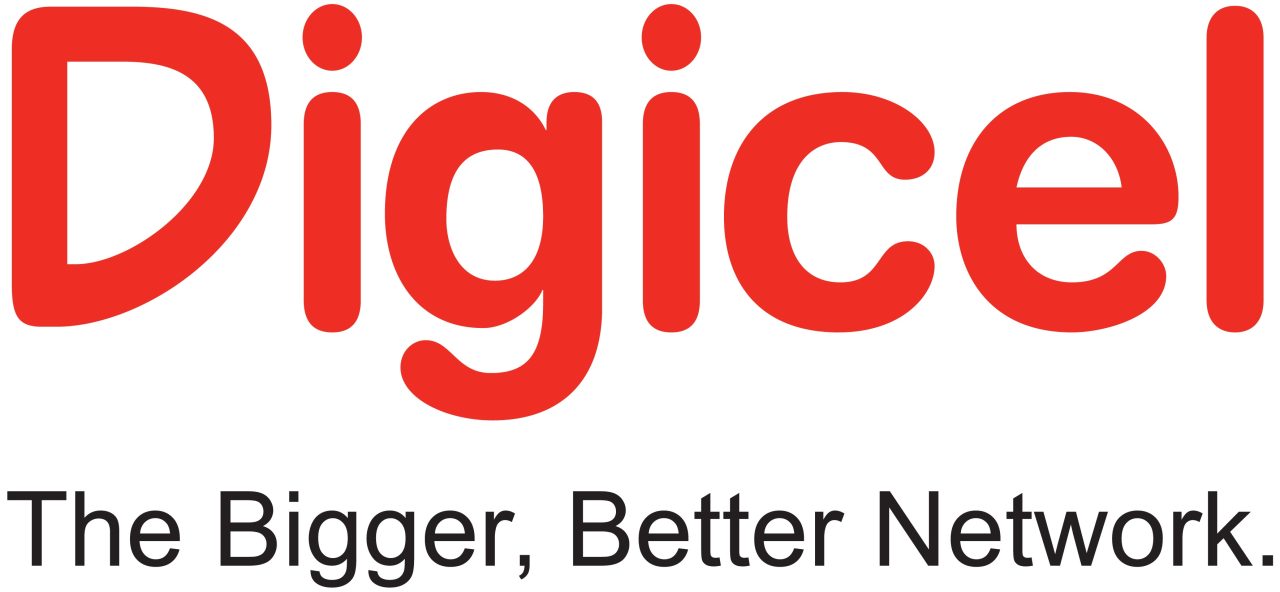Home News Digicel to implement VAT on data service from February 1
A pronouncement made by Public Communications Minister Cathy Hughes, following the presentation of the 2017 National Budget last December, indicating that Value Added Tax (VAT) will be placed on data service, is now becoming a reality, following an announcement by Digicel Guyana that consumers will begin paying a 14 per cent VAT on its data services.
The company on Monday, announced to its consumers that from February 1, they will begin paying VAT on all data-related services. According to Digicel, the data services will now incur VAT of up to 14 per cent.
The announcement by Digicel comes almost two months after the matter was first highlighted in the presentation of the 2017 National Budget by Finance Minister Winston Jordan.
Hughes had defended the move, saying that while the decision had received harsh criticisms, it was a necessary revenue stream, given the range of transformational measures for the ICT sector. “The VAT on data has also received harsh criticisms, but I want to remind us all that it is a necessary revenue stream, given the range of transformational measures I have shared. In the long-run, with the new liberalised environment that will spur competition, I expect to see our high contest of Internet access, when compared to other parts of the Caribbean, reduced in time and that will benefit us all,” Hughes had said in defence.
She had sought to assure that in the long-run the cost of accessing Internet and data services will actually decrease with the advent of the liberalisation of the sector.
According to Hughes, this service would be complemented through the Government-sponsored Internet hubs that will be provided free of cost.
Meanwhile, Chief Executive Officer (CEO) of telephone giant, Guyana Telephone and Telegraph Company (GTT) Justin Nedd, had expressed concerns over the new measure, stating that the company would incur an additional expense in the vicinity of US$6 million (G$1.2 billion). Nedd pointed out that with the introduction of VAT on broadband Internet service and data plans sold to mobile and corporate customers, the company would incur an additional expense in the vicinity of US$6 million (G$1.2 billion).
“Our concern is for the consumer of the country and while most Governments seeking ways to reduce taxes so they can attract more business, this budget is less business friendly,” the CEO had explained.
He was at the time speaking about increased tax rates and inputs that businesses could not readily absorb, which would inevitably have to be passed on to consumers.
Nedd pointed out that GTT already forked over more than half of its earnings to taxes, pointing to a 45 per cent Corporate Tax.
On the matter of corporate taxes, he used the occasion to point out too that the Minister announced that non-commercial businesses would be subjected to a tax rate of 27.5 per cent.
Nedd pointed out that what this meant was that GTT would be paying a tax rate of 45 per cent, while its competitors would be paying almost half of that. “We will pay almost 20 per cent tax more than competitors,” the CEO related.
On the matter of the new VAT regime, Nedd told media operatives: “We are stunned at proposals on VAT if implemented as interpreted… We see the harmful impact on consumers.”
He said the measure announced by the Finance Minister represents a 180-degree turn on inconsistency in bridging the digital divide and expanding ICT sector.
With regard to the US$6 million that GTT will have to pass on to its customers, Nedd noted that the move by Government to institute VAT on the Internet service provided to consumers would inherently stymie demand for the service.
He said it would also have a ripple effect on the company and its ability to invest in ever-evolving technology, in order to improve its services.
The GTT CEO pointed to the fact that currently customers were clamouring for increased Internet speed and interconnectivity, which would require continuous and costly investments.
According to him, the introduction of VAT on the Internet service will have a negative impact, not just on GTT and businesses, but on the country as a whole since the regime could in fact impede growth.
